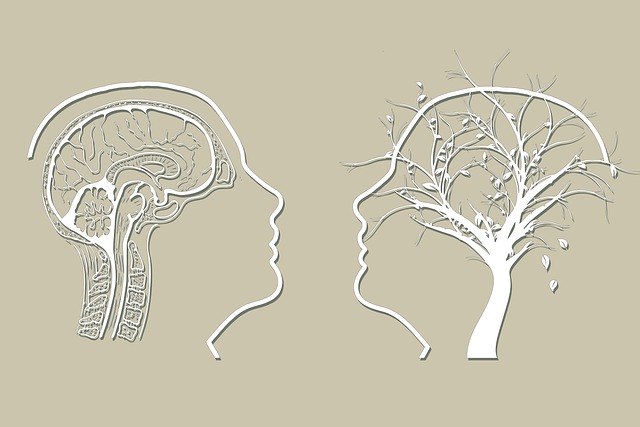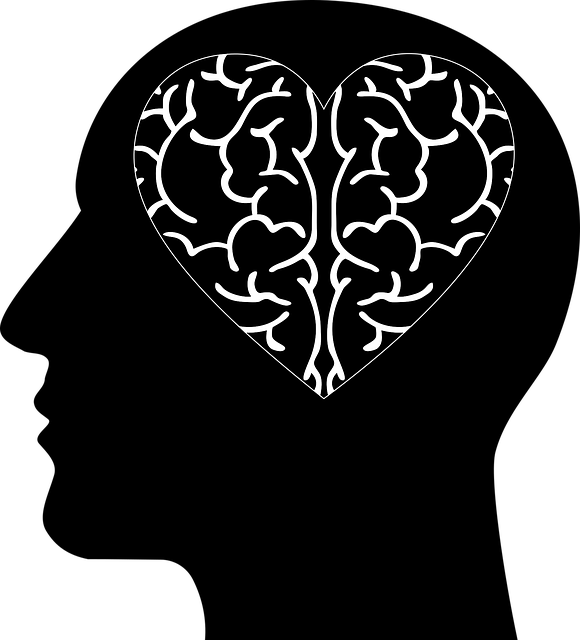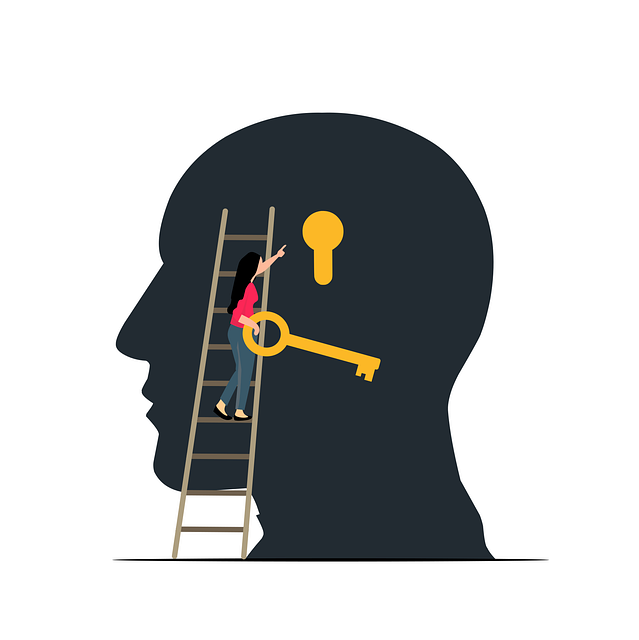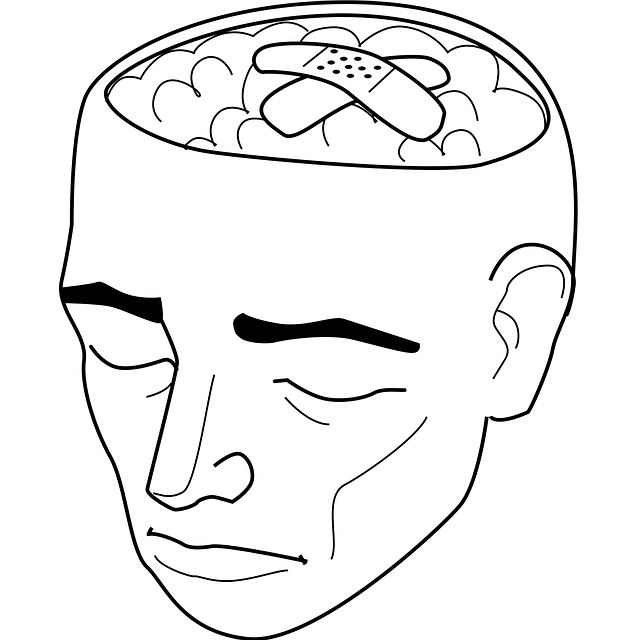Mental wellness group facilitation is key in supporting young adults' therapy for pain management. Through open communication, peer learning, mindfulness meditation, and burnout prevention strategies, facilitators enhance therapeutic outcomes. Journaling exercises provide private reflection spaces, enriching the overall experience tailored to young adults' unique pressures and needs. Structured approaches like conflict resolution and crisis intervention foster emotional healing, improve coping strategies, and create supportive environments, promoting mental wellness and resilience.
Mental wellness group facilitation plays a pivotal role in supporting individuals, especially young adults grappling with pain management. This article delves into the art of facilitating therapeutic groups, focusing on strategies tailored to address the unique challenges faced by young adults. We explore effective techniques to enhance group therapy sessions, fostering a supportive environment that promotes healing and personal growth. By understanding mental wellness group facilitation, we can better navigate and alleviate the burden of pain management in this demographic through specialized care.
- Understanding Mental Wellness Group Facilitation
- Strategies for Young Adult Pain Management
- Effective Techniques to Enhance Group Therapy Sessions
Understanding Mental Wellness Group Facilitation

Mental wellness group facilitation involves creating a supportive space where individuals can share their experiences, gain insights, and learn coping mechanisms. This collaborative approach is particularly beneficial for young adults navigating therapy for pain management. By fostering open communication, facilitators promote peer-to-peer learning and understanding, which are crucial components of effective mental health support.
Effective facilitation goes beyond simply moderating discussions. It includes integrating practices like mindfulness meditation to enhance present-moment awareness and reduce stress. Moreover, burnout prevention strategies for healthcare providers can be adapted to enrich group dynamics, ensuring facilitators remain engaged and empathetic. Encouraging mental wellness journaling exercises provides participants with a private space to reflect on their experiences and track personal growth, further enriching the overall therapeutic process.
Strategies for Young Adult Pain Management

Managing pain is a significant aspect of mental wellness, especially for young adults navigating life’s challenges. This demographic often faces unique pressures, such as academic demands, career aspirations, and social expectations, which can contribute to heightened stress levels and chronic pain. Facilitators play a crucial role in providing effective strategies tailored to this age group. One powerful technique gaining traction is mindfulness meditation, offering a way for young adults to cultivate present-moment awareness and develop coping mechanisms for managing pain.
By incorporating practices like mindfulness meditation into therapy sessions, facilitators can empower individuals to reduce the impact of pain on their daily lives. Additionally, addressing mental illness stigma reduction efforts through group discussions and community outreach program implementations can create a supportive environment, encouraging young adults to openly discuss their experiences without fear of judgment. These holistic approaches not only aid in pain management but also foster overall resilience and emotional well-being.
Effective Techniques to Enhance Group Therapy Sessions

Enhancing group therapy sessions for young adults involves a blend of engaging and structured techniques that foster open communication and emotional healing. One effective approach is incorporating conflict resolution techniques to help individuals navigate interpersonal challenges constructively, mirroring real-world scenarios. By facilitating these interactions, therapists can guide participants through the emotional healing processes, encouraging active listening, empathy, and problem-solving skills, ultimately improving their coping strategies for pain management.
Additionally, integrating crisis intervention guidance into group sessions equips young adults with immediate tools to address intense emotions or distressing situations. This proactive approach allows them to feel safer expressing their feelings, strengthening the therapeutic bond. Through these techniques, group therapy becomes a dynamic space where participants learn from each other, gain valuable insights, and develop resilience, all contributing to improved mental wellness.
Mental wellness group facilitation plays a pivotal role in supporting young adults dealing with pain management. By employing strategies tailored to this demographic, facilitators can create safe and engaging environments that foster healing and personal growth. The techniques discussed, such as active listening, experiential exercises, and peer support, offer valuable tools to enhance group therapy sessions. Incorporating these methods not only improves mental wellness but also equips young adults with effective coping mechanisms for managing pain in the long term, highlighting the significance of group facilitation in their overall well-being.











